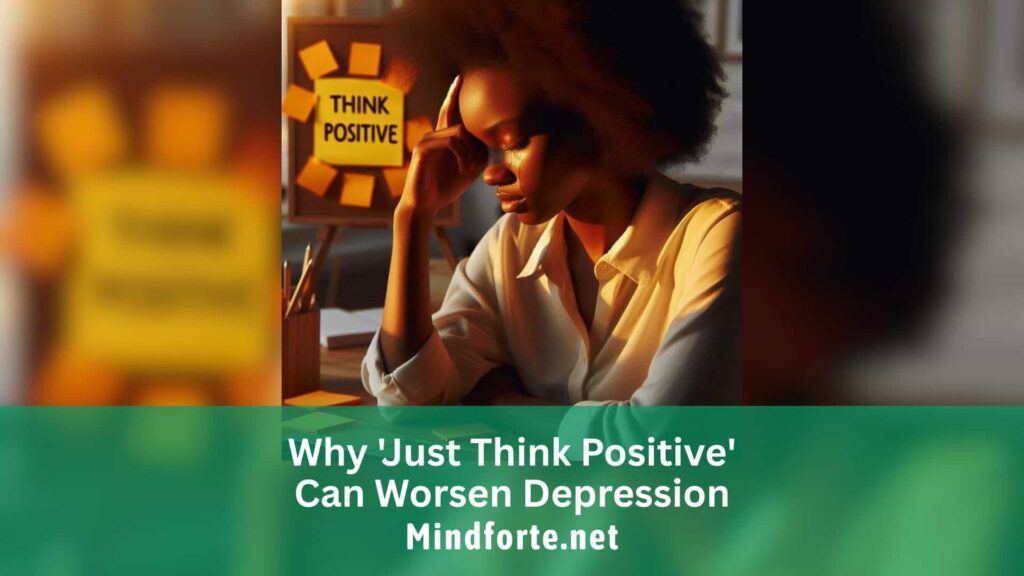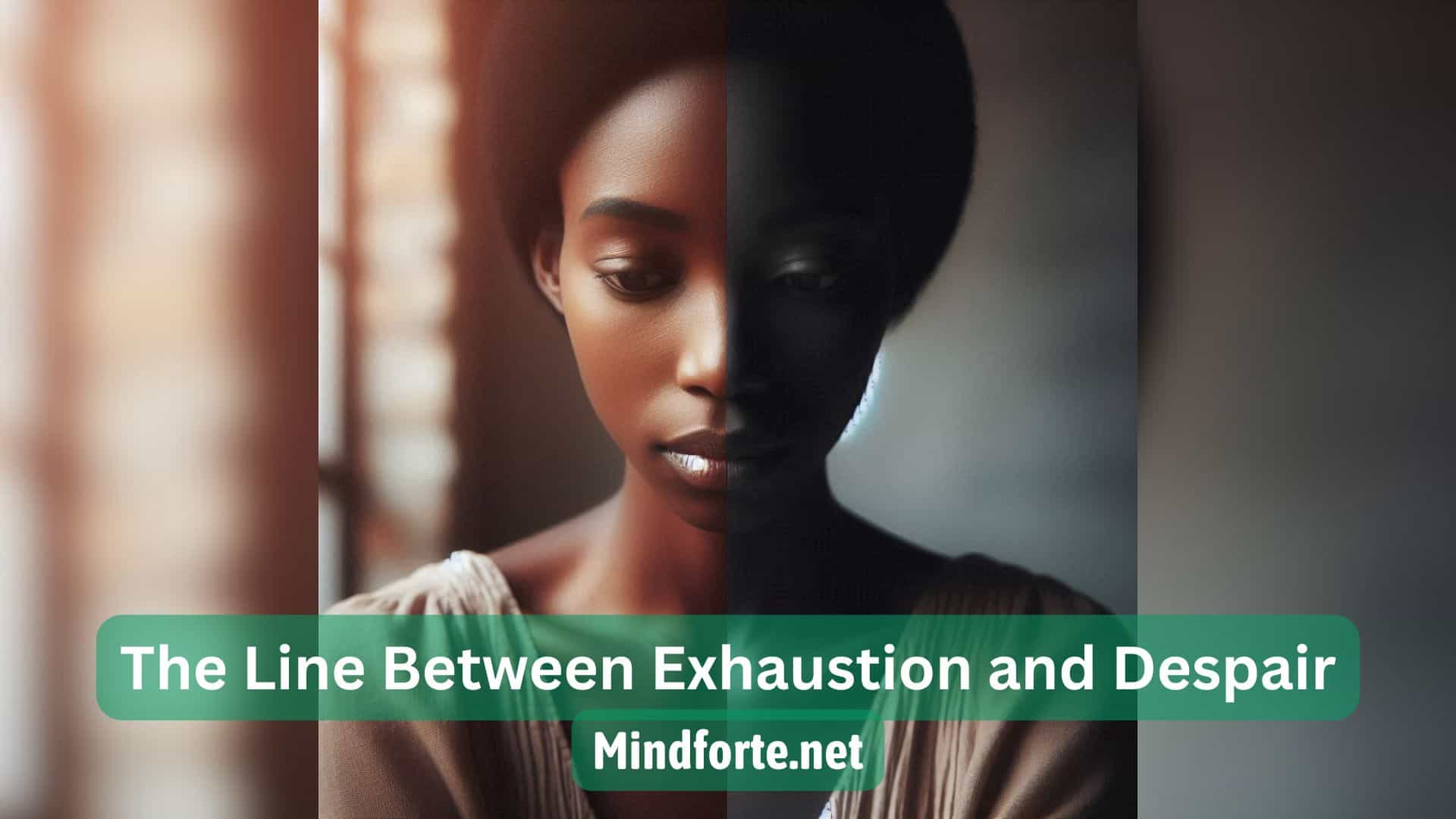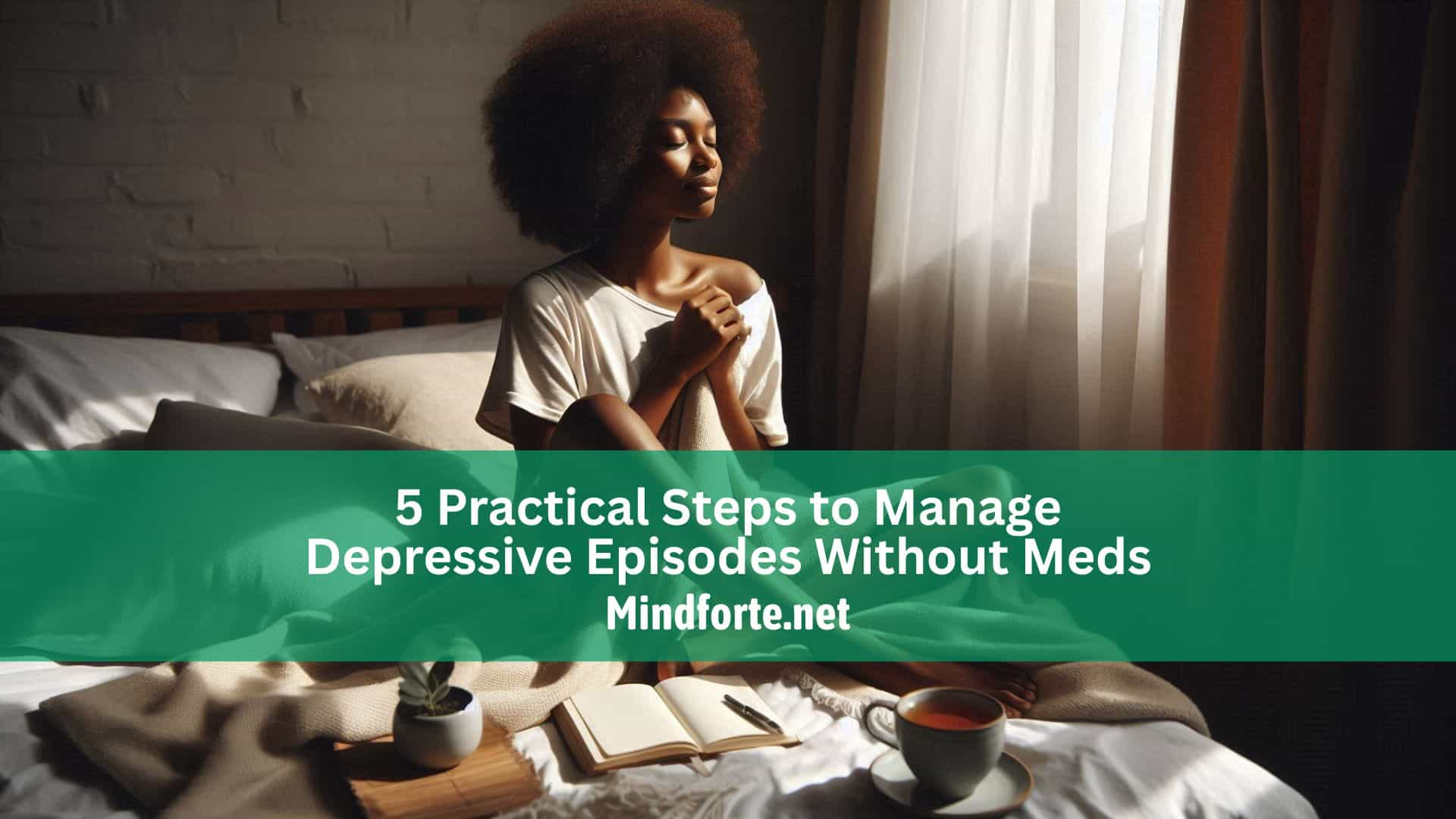You’ve whispered it to yourself a thousand times: “Just think positive.”
But inside you, the fatigue deepens… the shame grows… and yet nothing changes.
Sooner or later, you begin to distrust your own feelings.
Because positive thinking isn’t a cure – it often invalidates.

Why Well-Meaning Words Can Hurt
When someone urges positivity, it can feel like saying, “Your pain isn’t valid.”
That subtle dismissal amplifies isolation.
It suggests your struggle – and your feelings – are wrong.
In Nigeria, it’s common to hear, “Smile, there’s the gospel.”
While faith is powerful, suppressing grief can prolong pain rather than heal it.
The Hidden Costs of Toxic Positivity
Toxic positivity is pressure to only feel good – even at the worst times.
That can lead to shame: “I shouldn’t feel this way.”
Research shows that people who suppress negative emotions are more likely to experience depression, anxiety, and even physical illness. (American Psychological Association, 2023; WHO, 2022)
What Most People Miss
| Issue | Why “Positive Thinking” Fails |
| Emotional invalidation | Tells depressed people their feelings are wrong |
| Inhibits processing | Stops necessary emotional work that brings healing |
| Creates pressure | Implies quick fixes, when healing takes time |
5 Practical Alternatives That Truly Support You
1. Feel, Name & Validate What Is Real
Acknowledge what’s happening: “I’m sad. This is hard.” This frees your brain from arguing with reality.
Kelso et al. found emotionally naming brings immediate relief and clarity.
2. Start with Internal Permission
Instead of forcing “positivity,” give yourself permission: “It’s okay if this feels bad.” This opens space for healing.
Psychotherapy research shows acceptance leads to quicker recovery in long-term depression. (Kabat-Zinn, 2022)
3. Small Actions That Build You Back Up
Forget motivation. Follow small routines: hydrate, walk, journal one line. Action creates movement – even before mood changes.
Behavioral Activation research supports this for depression, especially in low-resource settings.
4. Narrate Your Story with Compassion
Ask: “What’s this trying to teach me?” Instead of “What’s wrong with me?”
Gentle self-inquiry invites curiosity and reframes internal shame. Journal prompts help.
5. Seek Real Support – Without Judgment
If you wonder, Do I need therapy? or notice signs you need therapy, that’s your strength showing.
Professional mental health support helps you unpack deeper patterns with safety and trust.
Therapy in Nigeria is becoming more accessible thanks to clinics like Mindforte Psychology Clinic.
Why Mindforte Psychology Clinic Cares Differently
At Mindforte, we believe you don’t need to wait for a crisis to deserve help.
- Client-centered care: We honor your cultural story, your faith, your strength.
- Evidence-based methods: CBT, emotional processing, acceptance therapies – all adapted with local insight.
- Flexible access: In-person in Abuja, or psychological help online for anyone across Nigeria.
The benefits of talking to a therapist go beyond symptom relief – they teach you emotional fluency, relational awareness, and sustainable well-being.
You Deserve Something Better Than a Platitude
Your mind isn’t broken – you’re learning. Healing isn’t about ignoring the darkness – it’s about walking backward until you feel solid enough to stand again.
Book an appointment here: www.mindforte.net/booking
You have the right to healing grounded in honesty, respect, and understanding.
We’d Love to Hear from You
When was the last time “just think positive” made you feel worse?
What helped more than words?
Your story might help someone feel less alone today. So please share your experience below.
References
- American Psychological Association. Toxic Positivity: When Positive Thinking Does More Harm Than Good. 2023.
- WHO. Mental Health in Global Contexts: Depression and Cultural Narratives. 2022.
- Kabat-Zinn J. Emotional Acceptance for Mental Wellness. 2022.
- Kelso et al. Naming Emotions and Relief: A Clinical Trial. 2021.
- Chandigarh Medical Journal. Behavioral Activation in Low‑Resource Settings. 2021.
- Nigerian Journal of Psychology. Depression, Stigma, and Help‑Seeking in Nigeria. 2023.


